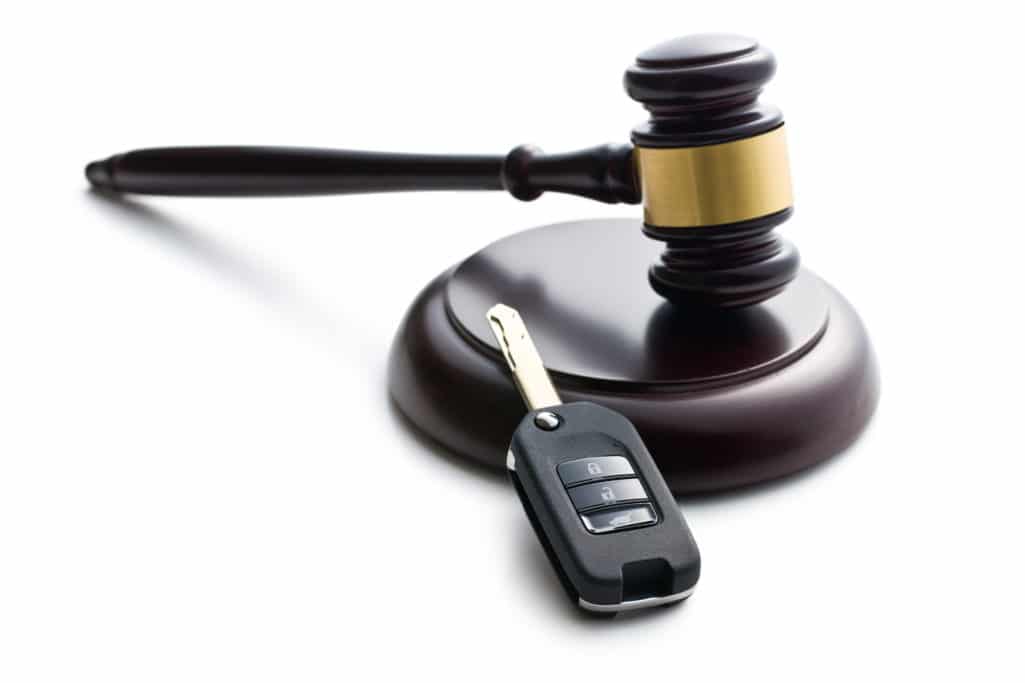There was a very significant amendment to the British Columbia Supreme Court Civil Rules in relation to expert reports in motor vehicle claims (and as of February 1, 2020, all personal injury actions). The amendment came into effect on February 11, 2019, with no advanced warning. An accompanying announcement provided that the amendment was intended to “put a stop to the disproportionate use of experts and expert reports currently being used in motor vehicle-related court cases” and to “encourage earlier settlements and help reduce the costs of settling vehicle injury claims.”
On February 11, 2019, the Attorney General of BC and the Lieutenant Governor in Council released Order in Council No. 040 that added a new rule, effective immediately, to our BC Supreme Court Civil Rules. The new Rule (Rule 11-8 – Experts in Vehicle Actions) limits the number of expert reports that can be tendered at trial for claims for damages for personal injury, or death, that arises out of the use or operation of a vehicle. Rule 11-8 limits expert evidence on the issue of damages to that of three (3) experts, and only allows one (1) report from each of those experts (see Rule 11-8(3)(a) and (b)). For files that have been brought under our fast track rule, the limit is one (1) expert and report.
The Rule also limits the number of expert reports for which a party can recover disbursements to one (1) for fast track actions and three (3) for other motor vehicle actions.
The amendments apply to existing actions, no matter how old those actions are. There is an exception, as the limit does not apply to reports served by a party before February 11, 2019 (i.e. on or before February 10, 2019) (see Rule 11-8(11)). Therefore, if a party had served two reports on February 10, 2019, and then three reports after, they could tender all five reports at trial.
There are sub-rules in the new Rule 11-8 that permit more than three (3) reports in certain circumstances. However, none of these sub-rules permit the Court to allow the Plaintiff to have more than three (3) of their own experts. Rather, the sub-rules permit:
- One or more additional joint experts if the parties consent (Rule 11-8(4)); or
- On order of the Court, a court appointed expert (Rule 11-8(5)(a)(ii)); or
- On order of the Court, an additional report from one of the original three experts (i.e., two instead of one report from an expert).
The new Rule does not limit the parties from tendering response reports, as no limit has been set for those (see Rule 11-8(6)).
For now, these new Rules apply only to motor vehicle actions. However, as of February 1, 2020, Rule 11-8 will apply to all personal injury actions before the Court.
Rule 11-8 has the potential to have a significant effect on the conduct of litigation, especially for plaintiffs. It has become common practice for plaintiffs to serve numerous reports, often exceeding the three that are now allowed. This new Rule will compel the plaintiff’s counsel to think hard about which experts they need to prove their case. There may be increased reliance on experts who can opine on a broad range of symptoms and conditions or who have more than one area of expertise (for example, an occupational therapist who can do a Functional Capacity Assessment and prepare a cost of care report). It will also be interesting to see if the Rules allowing parties to appoint joint experts or which allow the Court to appoint its own experts, which are rarely used at present, will see increased application. Further, it will be interesting to see if the level of proof required at trial with respect to quantum is relaxed now that expert reports cannot be provided on every single issue.
The new Rule should reduce the cost of litigation. Expert costs have become a significant source of expense contributing to a situation where bills of costs can compare to or even, in some cases, exceed settlements or damage awards. Often liability is conceded or not at issue in motor vehicle claims so that it is often defendants who bear the burden of paying for not only their own experts but also the plaintiff’s.
Finally, this new Rule should also have an effect on the use of the fast track rule. In recent years, plaintiff’s counsel have favoured the use of the fast track process as it limits the length of examination for discovery and precludes jury trials. Plaintiff’s counsel will now have to balance these benefits against the limit of one (1) expert report.


